FLAT 10% OFF ON YOUR FIRST ORDER. USE IVER10
Razo (Rabeprazole)
Price range: $75.00 through $185.00
Razo Tablet contains rabeprazole, a powerful proton pump inhibitor that reduces stomach acid to relieve acid reflux, peptic ulcers, and Zollinger-Ellison syndrome. Taken once daily before breakfast, it offers 24-hour acid control, promotes healing, and prevents complications. Suitable for managing GERD symptoms and stress ulcer prevention in critically ill patients. Follow your doctor’s instructions and avoid trigger foods for best results. Safe with possible mild side effects such as headache or nausea.
- Buy 2 and get Flat 15% Off. Use B2SAVE15
- Buy 3 and get Flat 20% Off. Use B3SAVE20
Razo Tablet (Rabeprazole) – Treatment for Acid Reflux, Peptic Ulcers & Zollinger-Ellison Syndrome
Razo Tablet is a proton pump inhibitor (PPI) that effectively reduces stomach acid production, providing relief from acid-related conditions including GERD (acid reflux), peptic ulcers, and the rare Zollinger-Ellison syndrome. For optimal results, take this medication one hour before breakfast each morning. Consistent use as prescribed is crucial – even if symptoms improve quickly – to ensure complete healing. Complement your treatment by eating smaller, frequent meals and avoiding caffeine, spicy foods, and alcohol which can aggravate acid production.
Uses of Razo Tablet:
- Treatment of Acidity and Heartburn
- Management of Gastroesophageal Reflux Disease (GERD)
- Healing of Peptic Ulcers (gastric & duodenal)
- Control of Zollinger-Ellison Syndrome
- Prevention of Stress Ulcers in critically ill patients
Benefits of Razo Tablet:
For Zollinger-Ellison Syndrome, Razo Tablet provides exceptional relief by dramatically reducing pathological acid secretion, alleviating abdominal pain, diarrhea, and heartburn while promoting ulcer healing. In GERD treatment, it offers sustained symptom relief and prevents esophageal damage from acid reflux.
Side Effects of Razo Tablet:
Most side effects are mild and temporary:
- Headache/Dizziness
- Nausea/Vomiting
- Abdominal pain/Flatulence
- Diarrhea/Weakness
Long-term use (>1 year) may increase risk of bone fractures, vitamin B12 deficiency, and magnesium deficiency (symptoms include muscle twitches, irregular heartbeat).
How to Use Razo Tablet?
Take on an empty stomach, preferably in the morning 1 hour before breakfast. Swallow whole with water – do not chew or crush. For twice-daily dosing, take the second dose before dinner.
How Razo Tablet Works?
It contains rabeprazole, a proton pump inhibitor that:
- Permanently blocks the H+/K+-ATPase enzyme system (“proton pump”)
- Suppresses both basal and stimulated acid secretion
- Provides 24-hour acid control with morning dosing
This potent acid suppression creates optimal conditions for healing acid-related damage.
Safety Advice:
- Alcohol: Use caution – may increase acid production
- Pregnancy: Consult doctor – potential risks
- Breastfeeding: Probably unsafe – limited data
- Driving: Unsafe – may cause dizziness
- Kidney/Liver Disease: Safe at prescribed doses
What If You Missed a Dose?
Take as soon as remembered. If near next dose time, skip the missed dose. Never take two doses together.
Drug Interactions:
It may interact severely with:
- Methotrexate: Increases toxicity risk
- Erlotinib: Reduces effectiveness
- HIV Medications: Altered effectiveness
Always inform your doctor about all medications/supplements you take.
FAQs:
Q1. How quickly does Razo Tablet work?
Begins working within 1 hour, with peak effect in 2-4 hours. Significant symptom relief typically occurs within 2-3 days, though full healing may take 4 weeks.
Q2. Can I take Razo long-term?
Generally safe for prescribed durations. Beyond 3 months, monitor for magnesium deficiency. Beyond 1 year, increased fracture risk necessitates calcium/vitamin D supplementation.
Q3. Does Razo cause bone problems?
Prolonged use may lead to osteoporosis due to reduced calcium absorption. Your doctor may recommend calcium/vitamin D supplements to mitigate this risk.
Q4. Is Razo effective for H. pylori infections?
Yes, when combined with antibiotics, Razo enhances treatment efficacy by:
- Increasing antibiotic concentration in gastric tissue
- Reducing acid-mediated antibiotic breakdown
- Providing symptomatic relief during treatment
Q5. Can I take Razo with vitamin D?
Yes, vitamin D supplementation is often recommended with long-term Razo use to prevent calcium deficiency and maintain bone health.
Q6. What’s the best time to take Razo?
Morning before breakfast is ideal. For twice-daily dosing, take the second dose before dinner.
| Dose | 10 mg, 20 mg |
|---|---|
| Pack Size | 60 Tablets, 90 Tablets, 120 Tablets |

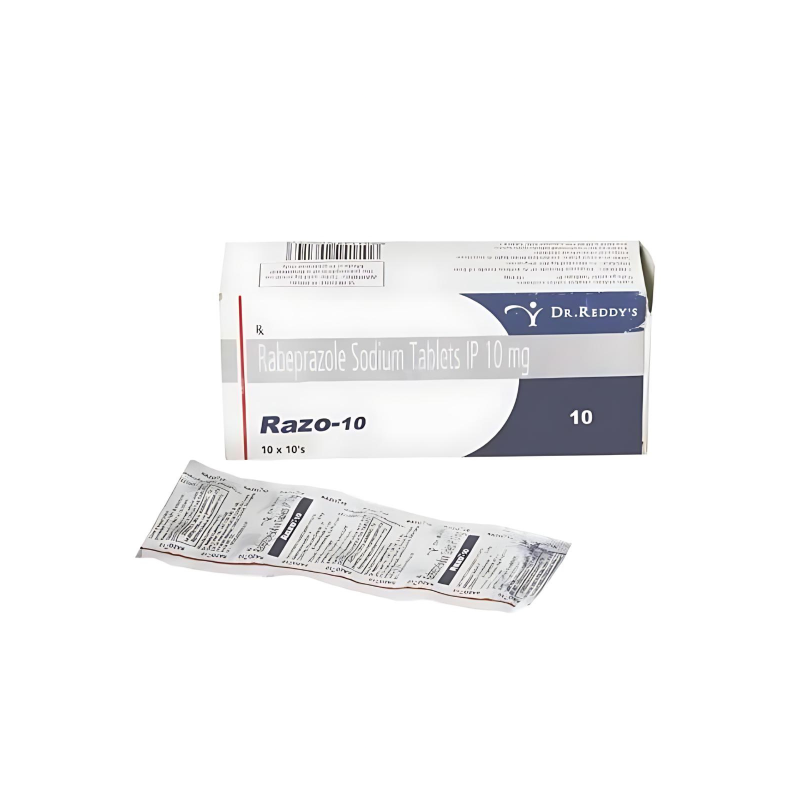
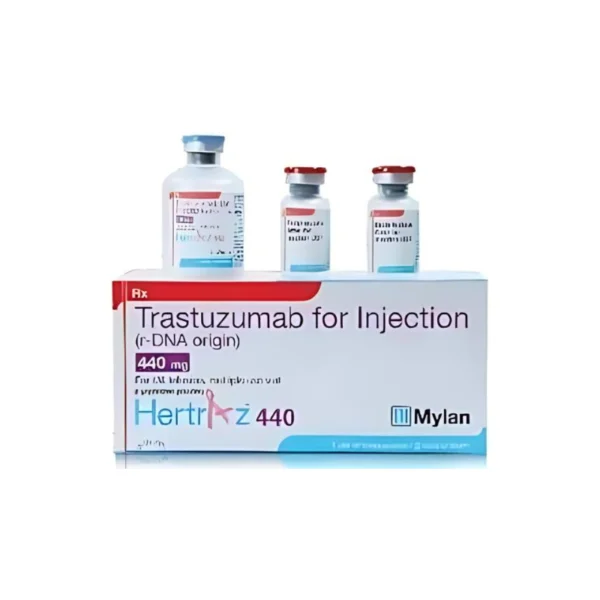
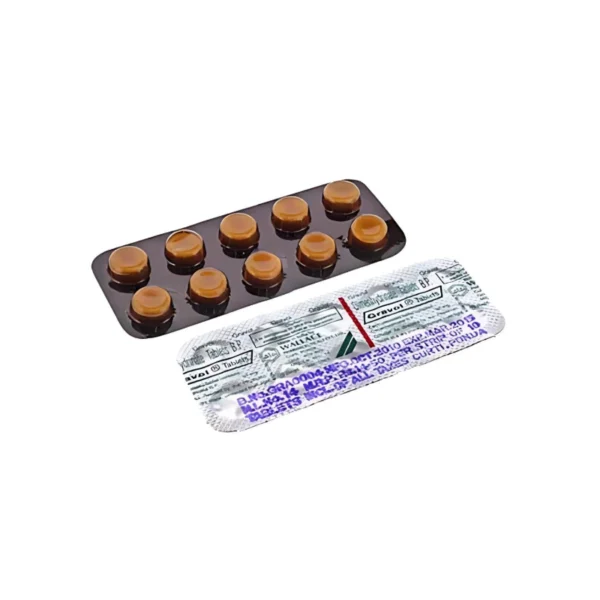
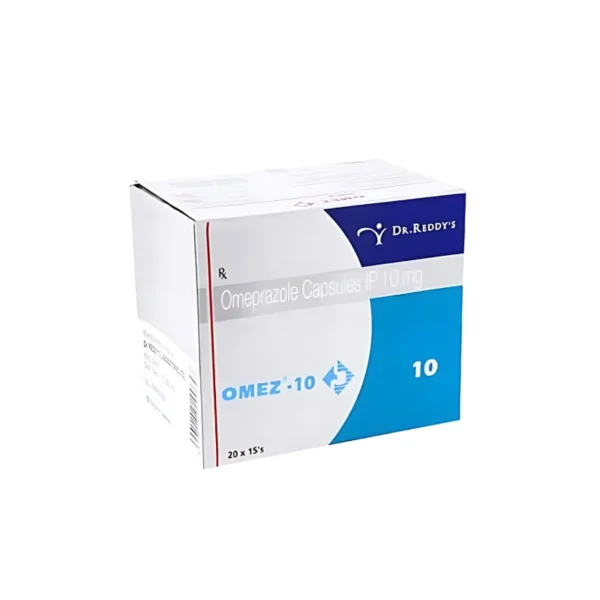
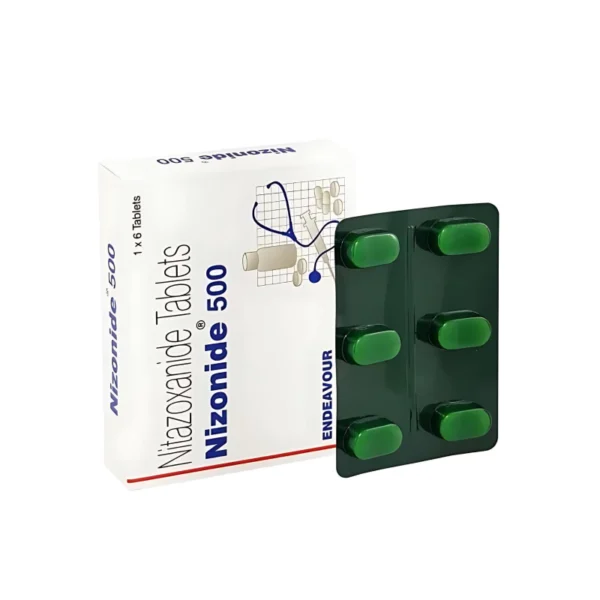

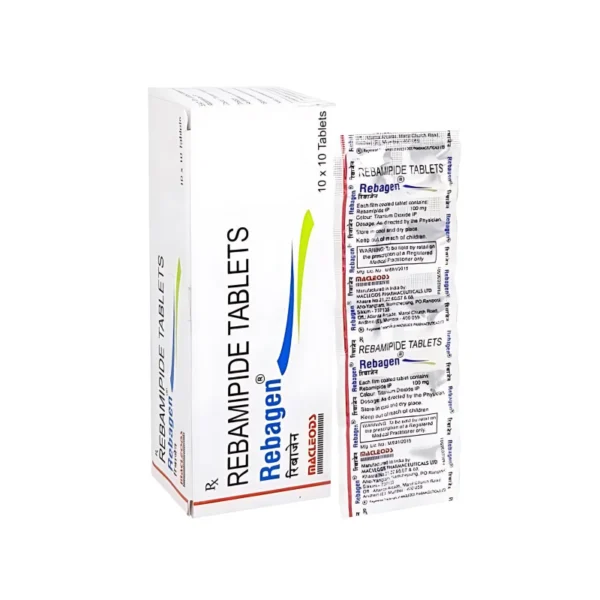

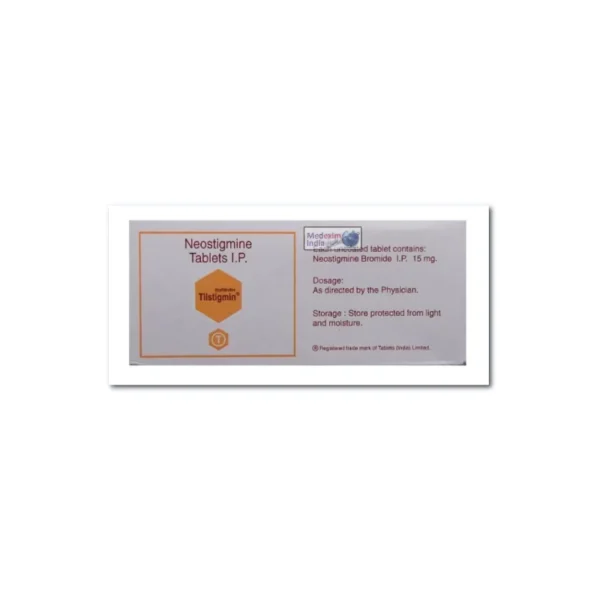
Reviews
There are no reviews yet.